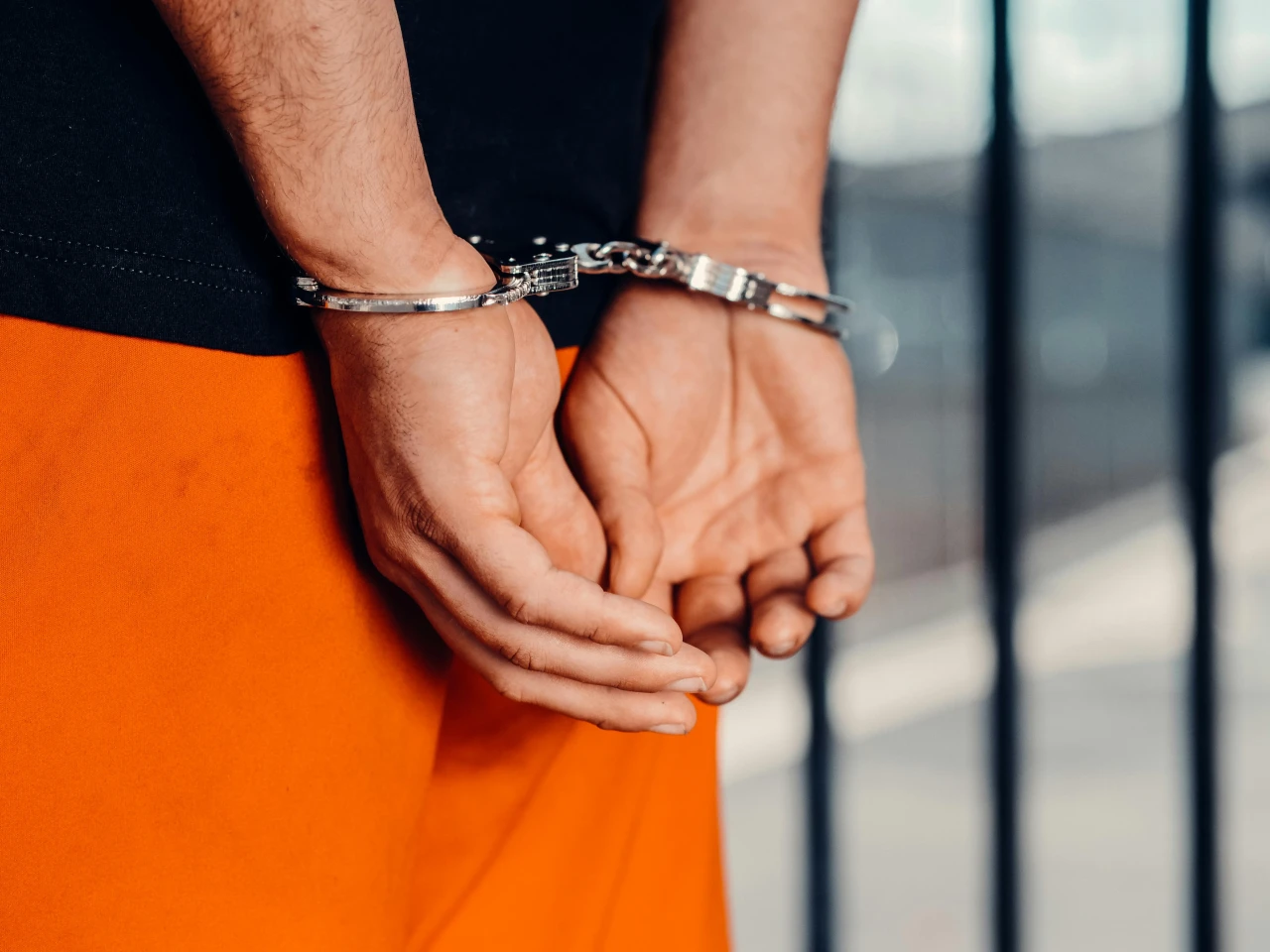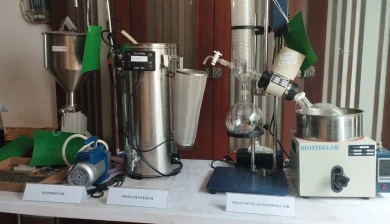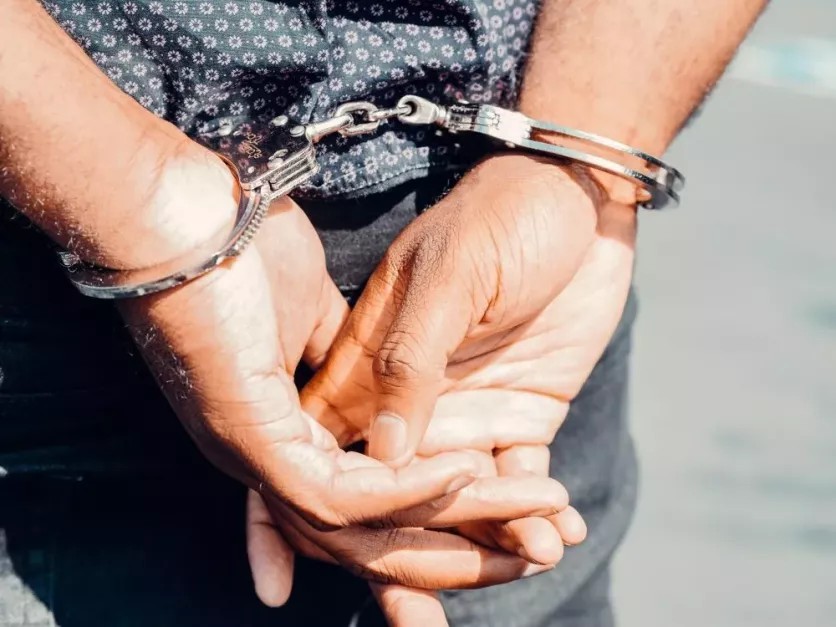On November 18, Bali police raided a villa in Ungasan, uncovering a large-scale drug laboratory—essentially a full-fledged factory.

Four individuals, referred to as the “cooks,” were arrested on-site. Various drugs and precursors worth IDR 1.5 trillion (approximately $95,000) were seized. The last raid of this scale occurred in May, when foreigners were involved. This time, all four suspects are Indonesian nationals. Four others, including the villa tenant, supervisor, recruiter, and packer, remain at large.
Evidence collected included:
• 18 kg of hashish in silver packaging
• 12.9 kg of hashish in gold packaging
• 12 liters of cannabis oil
• 7 kg of cannabis powder
• 10 kg of cannabis stems
• Numerous tablets and raw materials for producing “happy five” (a euphoric pill).
The confiscated materials could have produced 1,110,000 tablets, potentially preventing 1,490,000 dangerous doses.
Specialized equipment was also found, including machines for liquefaction, tablet pressing, cannabis grinding, oil extraction, filters, a hydraulic press, and various containers and packaging supplies.
The police shared details of their investigation. It began in September in Yogyakarta, Java, where a warehouse containing 25 kg of hashish destined for the Netherlands was discovered. Investigators traced the drugs back to Bali and, with customs assistance, began tracking imported items that could be used for drug production.



This led them to a rented property on Gatot Subroto Street. However, the suspects relocated before police could act, moving first to another part of the city, and finally to Ungasan on Bukit Peninsula. After operating there for two months, the police conducted the raid. The suspects were paying IDR 14 million per week for the villa, allowing them to relocate quickly if neighbors or owners grew suspicious.
Precursors and equipment were indeed imported via Soekarno-Hatta Airport in Java. Police believe the suspects were ramping up production to prepare for the New Year tourist surge. They used pod systems for vapes to distribute drugs, making them indistinguishable from original products. Much of the equipment and materials seized were brand new.
The suspects are now awaiting trial and face charges under Articles 114(2), 112(2), and 132(2) of Indonesia’s 2009 Narcotics Law (Law No. 35). Convictions could result in the death penalty, life imprisonment, or 5 to 20 years in prison.
Additionally, they are charged with money laundering, which carries a potential 20-year sentence. In Indonesia, courts can either combine sentences for multiple crimes or impose separate penalties for each offense.

You can add one right now!